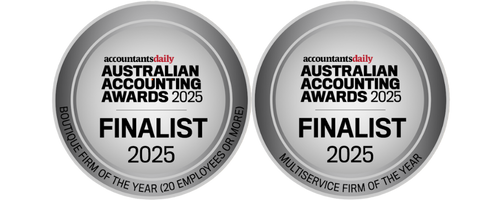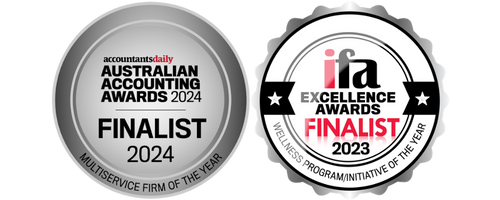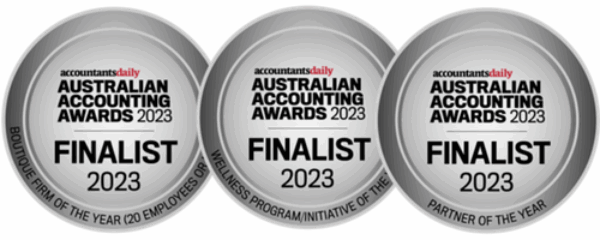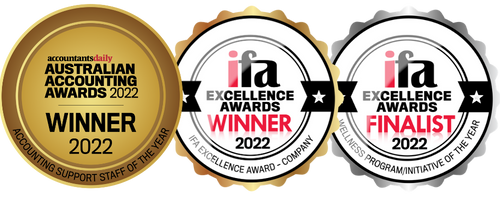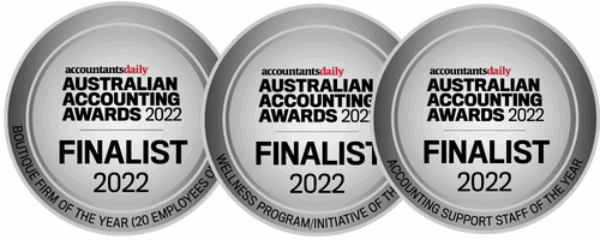What is a Clearance certificate?
A clearance certificate is issued by the Australia Tax Office (ATO) to confirm that a seller is an Australian resident for tax purposes. When selling Australian real estate, it’s essential you provide this certificate to the buyer before settlement. Without this certificate, the purchaser is required by law to withhold 15% of the sale price to cover foreign resident capital gains withholding (FRCGW), even if the seller is an Australian tax resident.
Who Needs a Clearance Certificate?
All Australian residents who are selling Australian real estate must provide a clearance certificate to the buyer. This requirement applies not only to individuals – but companies and trusts involved in the sale. If you’re unsure about your residency status, the ATO will assess it during the processing of your clearance certificate application.
Rule Changes
Previously the withholding tax rate was 12.5% and was only applied to properties valued at $750,000 or more. Since January 1st 2025, the rate has increased to 15% for all property sales, regardless of the value.
Is there a main residence exemption?
The FRCGW tax applies to all properties sold without a clearance certificate, whether the property is an investment property or owner-occupied.
What do you need to do as the seller?
- Apply for a Clearance Certificate Early: As soon as you decide to sell, apply online with the ATO. Most certificates are issued quickly, but it can take up to 28 days. The certificate is valid for 12 months so there is no need to wait until you find a buyer.
- Provide the Certificate to the Buyer: Ensure that the buyer receives your clearance certificate before settlement. If you don’t provide it, the buyer will be required to withhold 15% of the sale price for the ATO.
Without the certificate, getting your money back can be a lengthy process. You’ll need to wait until your next tax return is lodged before you can reclaim the withheld 15%, delaying your access to your funds after the sale.
Special circumstances when Clearance Certificates aren’t required
A Clearance Certificate might not be required in the following situations:
- Relationship breakdown: Transfers due to relationship breakdown may qualify for CGT rollover relief.
- Deceased Estates: No certificate is required if the property is transferred within the estate.
- Mortgagee Sales: If the mortgagee is selling due to a loan default, a variation notice can reduce the withholding amount.
- Income tax Entities: Charities and income tax-exempt entities are exempt if they provide proof of their status.
Example in action – why you should apply for a Clearance Certificate early?
Emma and Jake are Australian residents for tax purposes. On 1 September 2025, they decide to sell their family home to buy a new one.
Since both are listed as owners on the property title, each of them must apply for their own clearance certificate.
They find a buyer on 8 January 2026 and sign a contract, with settlement set for 6 February 2026. However, they don’t apply for their clearance certificates until 15 January.
By settlement:
✅ Emma’s clearance certificate is issued and given to the buyer.
❌ Jake’s clearance certificate is still pending.
The property sells for $600,000, but because Jake’s certificate isn’t ready, the buyer must withhold 15% of his share ($45,000) and pay it to the ATO. Jake will now have to wait until he lodges his 2025 tax return to claim the refund.
Since Emma provided her certificate on time, her share isn’t affected.
The takeaway? Apply for your clearance certificate early to avoid delays in accessing your full sale proceeds.
Navigating tax requirements when selling property can be complex, but ensuring you have a Clearance Certificate in place is essential to avoid unnecessary delays and withholdings. If you’re planning to sell, act early.
At Walshs, we’re here to help. If you have any questions regarding compliance with the latest tax regulations, our expert team is ready to guide you. Get in touch today by booking a meeting HERE or give us call on 07 3221 5677
Article by Ayden Rowe, Walshs Accountant




